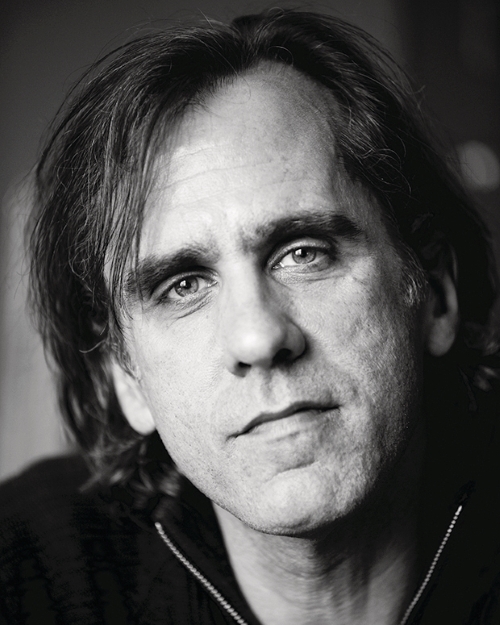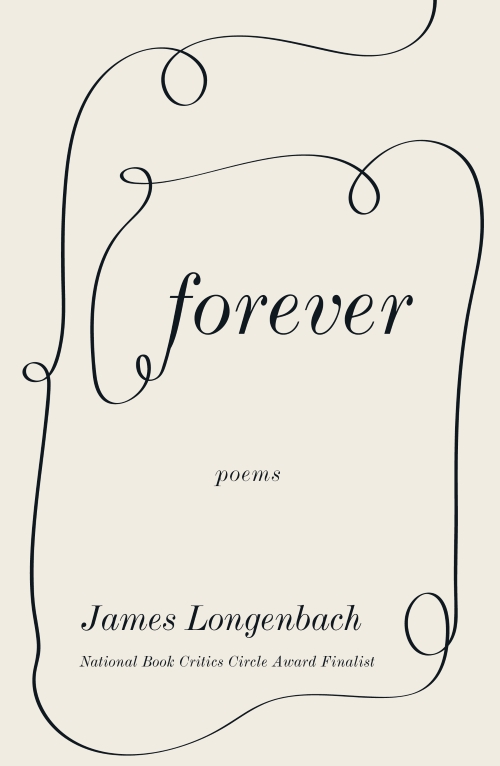Empedocles on Etna is a poemBy the Victorian poet Matthew Arnold.Readily I’ll concede that poetry is a criticism of life (his phrase)About as much as red-hot ironIs a criticism of fire,___But we’re in Sicily.The gods are still with us.The sun has warmed the rocksOn which we’re lounging, eating goat cheese, drinking new wine.You’re hardly wearing any clothes.___Nobody’s wearing clothes!Neither is anyoneWorried about sunlight.This is before Jesus, before Socrates,Before the double onslaught of guilt and rationality___Doomed us (I’m paraphrasing Nietzsche) to believeIn the rectification of the worldThrough knowledge—to liveWithin the limited circle of soluble problems,Where we may cheerfully say to life___I want you! You’re worth knowing!Empedocles is having a bad day.Once, he was a god;Smart, good-looking, too.You understand how anyone might feel that way___Just being where we are, tasting things, just breathing the air.Above us, Etna’s coneEmits its languorous white plume.Miracles? Mistrust them, says Empedocles.Mind is a spell that governs___Heaven and earth.Is it so small a thingTo have enjoyed the sun,To have lived lightly in the spring,To have loved, to have thought, to have done?___Obvious as the answer to this question may be, convincing, too,Empedocles climbs beyond the ashen trees,The potholes red as an open wound,And steps into a cloud.A poem of passive suffering, said Arnold,___Could have no place in his collected poems.No place! His greatest poem! Whose sufferingIsn’t passive? What elseCould suffering be?One night in Venice___I couldn’t sleep; I heard the bellsOf San Giacomo ring four times, then five.I heard the mutter of a boat, two voices, a woman’s and a man’s,Then somehow risingBetween them, as from the water itself,___The Chopin barcarolle.Where were they going?Who could they have been?Why were they playing ChopinIn their little boat, playing it softly, just for me? Remember___When we lived like forest creatures,You and I, when allWe left behind were footstepsCrushed in the wet grass?When I opened my eyes___Sun-stirred water playedAcross the ceiling;You were asleep.It felt like beingIn the present, being alive.
Barcarolle
Feature Date
- June 22, 2021
Series
Selected By
Share This Poem
Print This Poem
Reprinted from Forever: Poems by James Longenbach.
Copyright © 2021 by James Longenbach.
Used with permission of the publisher, W. W. Norton & Company, Inc.
All rights reserved.

J. Adam Fenster/University of Rochester
James Longenbach is the author of six books of poems—including Earthling, a finalist for the National Book Critics Circle Award—and eight books of prose. His poems have appeared in The New Yorker, the Paris Review, the Nation, and elsewhere. The recipient of an Award in Literature from the American Academy of Arts and Letters and a Guggenheim Fellowship, among other honors, he lives in Rochester, New York.
"The poems in Forever wash over you like waves, lift you up and set you down back at the beginning of your life. Some of the people are familiar; the landscape is beautifully strange. You pick up your favorite book and start reading it again, but for the first time. Longenbach’s lucid poems echo across decades, bound for poetry’s future."
—Rob Schlegel
"At once elemental—Freud might say 'oceanic'—in its psychic vista, yet particular as one man’s life, loves, and losses, Forever is a wrenchingly personal account of memory, sorrow, and profound beauty, rendered in lyric poetry. It is also James Longenbach’s finest book, wrought of remarkable paradoxes—to be so precise, so spare, yet to be so inclusive, so elegant—where mortality shadows every erotic or tender gesture."
—David Baker
Poetry Daily Depends on You
With your support, we make reading the best contemporary poetry a treasured daily experience. Consider a contribution today.




